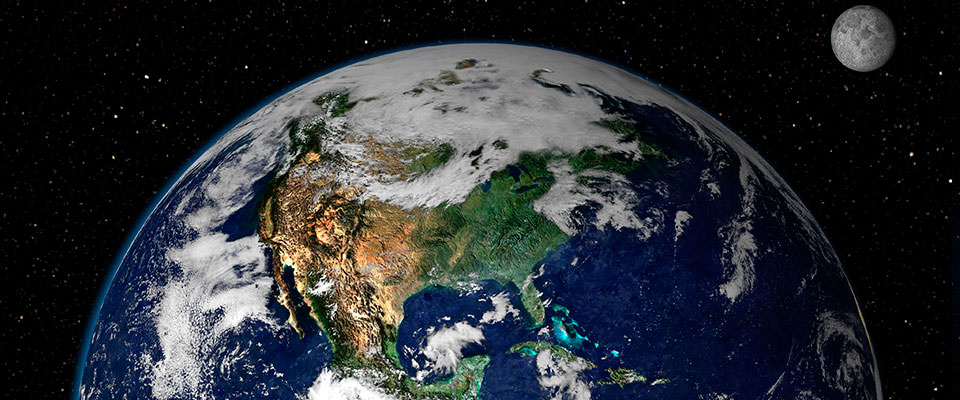First, let me acknowledge that my own life is harming the planet on which we live. I drive a car, I buy stuff packaged in plastic, I have pets – all things that I know to have a negative impact on the planet that sustains me, my family, my friends, and everyone else.
I am certified by the University of Vermont Extension service as a Master Gardener and attended a lecture last week on restorative agriculture. Mike Ather’s underlying premise is that “sustainable” is no longer our starting point. First, we must restore functioning ecosystems, then we can sustain them. Mike’s presentation was sobering and inspiring.
He pointed us to the population counter which can be found here. We are up over 100,000 humans on our planet since midnight last night. While humans are wreaking havoc on the planet by continuing to cut old growth forests, consuming constrained resources as if they are limitless, dumping garbage at an alarming rate, and changing the very atmosphere that enables us to live, we are also a species that could turn the tide without catastrophic population collapse.
He encouraged our gardens to focus on providing habitat for wild critters because habitat loss is one of the many harms resulting from human development. The first step in the process is easy – don’t mow, let it grow. The hard part is to convince the people in our lives who love to mow and love the look of manicured lawns that lawn wilderness is a good thing.

Photo Credit: Akos Kokai, Wikimedia Commons
We all know how ecosystems have survived in the past; when populations have exceeded the capacity of the system to support them, the population dies off. Our ingenuity has enabled us to tap the ecosystem of the entire planet, but we are beginning to see the limits of technology to enable continued population growth coupled with ever expanding consumption.
If we can get motivated to recognize Earth as an incredible and irreplaceable gem that we inherited from our parents, who inherited it from theirs, and so on, we could get motivated to save what little remains of its pristine environments and declining wild species. We could get motivated to transform our built environment to be zero net energy – in other words – our houses and workplaces would consume as much energy as they generate each year. We could get motivated to close the loop on consumables and stop extracting resources from the ground, adding energy, using them once, and then dumping them on the ground or in the ocean. We could stop treating drinking water like it is limitless and like it’s okay to just add chemicals to polluted water and give it people as if it were clean. We could transform our transportation system so it prioritizes non-motorized over motorized vehicles. We could transform our energy infrastructure into a robust, renewable source for comfort and work.

Photo Credit: NOAA
We could do all of those things and provide a more equitable distribution of wealth and opportunity. A variety of entities are already moving down this path, but the pace is too slow to mitigate the impacts of our growing population and consumption characteristics.
My challenge to myself and the rest of you is to let go of our fears, take the leap, and work toward the solutions in every way that we can. It can’t happen soon enough. We need every day to be Earth Day.



